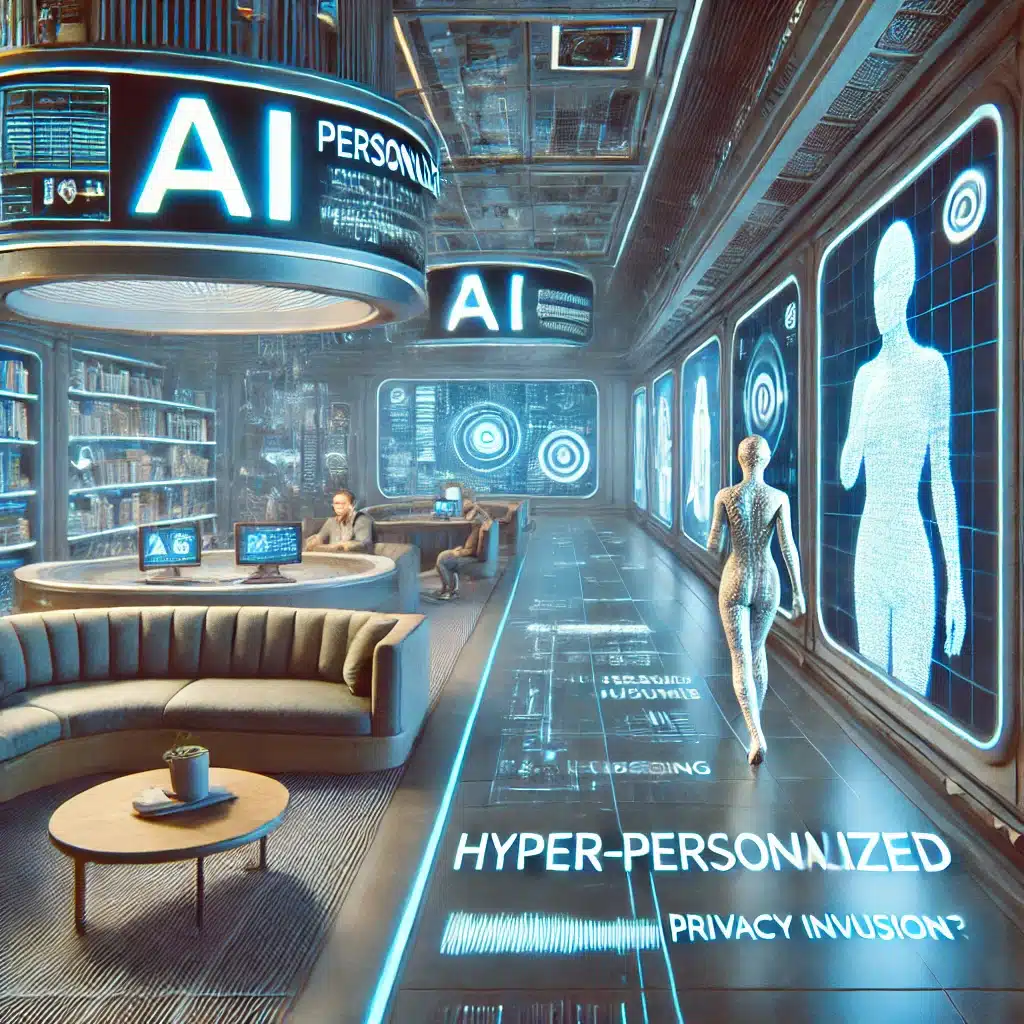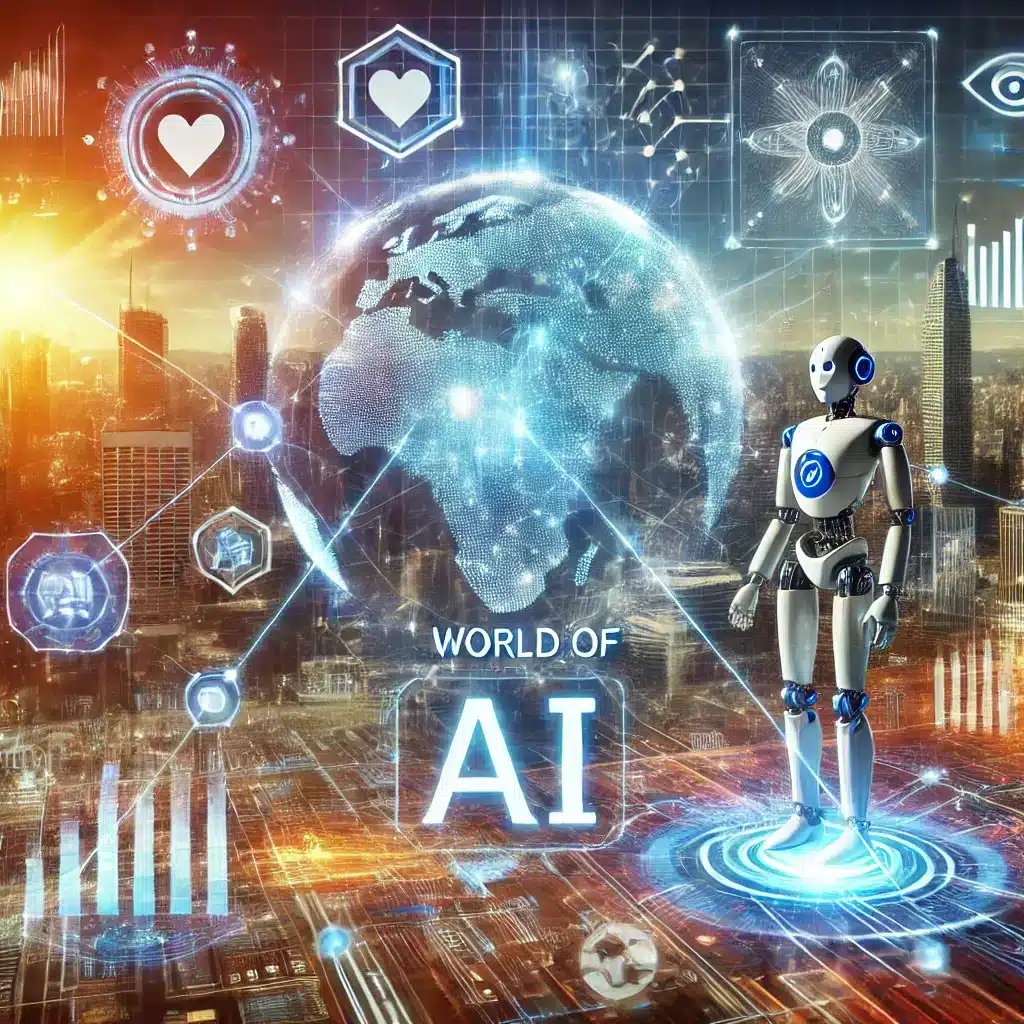In the contemporary landscape of environmental challenges, sustainability has become a pivotal focus for organizations across various sectors. The integration of artificial intelligence (AI) into service industries is revolutionizing waste management practices, significantly reducing resource waste and enhancing operational efficiency. This article explores how AI can transform waste systems, improve recycling processes, and ultimately contribute to a more sustainable future.
How Can AI Revolutionize Waste Management?
What Are the Key AI Technologies Used in Waste Management?
AI technologies are intensely working towards waste management through innovative ways to enhance processes and improve efficiency. The key technology includes machine learning algorithms, computer vision, and predictive analytics that work together for optimising waste collection and sorting practices. Machine learning enables systems to learn from data patterns, which allows for more efficient decision-making in waste management systems. For instance, AI-powered platforms can analyze historical data to predict waste generation rates, helping municipalities optimize waste collection routes and schedules, thus minimizing waste and reducing operational costs.
How Does AI Improve Waste Sorting and Recycling?
Waste sorting is a critical component of effective recycling, and AI enhances this process through advanced computer vision technologies. Employing AI algorithms enables the systems to sort out the waste stream based on the various materials efficiently. Automation at this level not only ensures precision but also speeds up the recycling process. For instance, AI can be able to distinguish in real time between materials that are recyclable and those that are not. This greatly minimizes contamination levels in recycling bins. This will subsequently result in a higher recycling rate, less amount of material being sent to landfills, and subsequent reductions in environmental impact.
What Role Does Machine Learning Play in Optimizing Waste Management?
Traditionally, machine learning is important in optimizing waste management as it analyzes large amounts of data to identify trends and inefficiencies. By using predictive analytics, organizations can project when waste will be generated and implement strategies to minimize its production. For example, AI can analyze data from multiple sources within the supply chain, such as inventory management systems and sales forecasts, to optimize resource allocation and inventory turnover. Understanding consumption patterns helps businesses minimize waste and enhance sustainability efforts. This data-driven approach not only reduces waste but also supports the development of more sustainable practices across various industries.
What Are the Benefits of Using AI to Reduce Food Waste?
How Can AI Help Reduce Food Waste in Supply Chains?
Food waste is one of the major global problems, and AI offers many opportunities to mitigate the impact of this issue within supply chains. Machine learning and advanced analytics can help businesses optimize supply chain management and improve forecasting accuracy. For example, AI systems might analyze historical sales and environmental data and predict demand better and ensure that these perishable commodities are delivered optimally. Therefore, the active approach will bring down food wastage at various stages of a supply chain process, from its production to retails, toward more sustainable usage and less hazardous environmental impacts.
What Techniques Does AI Use to Manage Food Waste Efficiently?
AI utilizes various techniques to manage food waste efficiently, including data analytics and real-time tracking systems. By implementing AI-powered inventory management solutions, organizations can monitor stock levels and expiration dates, ensuring timely consumption of products. Additionally, AI can help identify surplus stock and suggest redistribution strategies, such as donating excess food to local charities. These techniques not only reduce food waste but also foster community support and sustainability within the supply chain.
How Does AI Analyze Food Waste Data to Improve Sustainability?
Data analytics is the most powerful tool in understanding the patterns of food waste and putting into place the most effective strategies for sustainability. AI can scan data from several points in the food supply chain, identify inefficiencies, and where waste generation occurs. For example, AI-based systems can be deployed to monitor the amount of food waste that takes place in a restaurant or supermarket and then produce actionable recommendations that can be applied to reduce that waste. Such data can help businesses modify procurement strategies, perfect menu planning, and ensure other sustainable practices which will contribute toward reducing food waste.

How Does AI Improve Waste Systems for Sustainable Practices?
What Are the Best Practices for Implementing AI in Waste Systems?
Implementing AI in waste systems requires a strategic approach to ensure maximum effectiveness and sustainability. Best practices include starting with a clear understanding of the specific waste management challenges an organization faces. This involves conducting a thorough analysis of existing waste streams and identifying areas where AI can have the greatest impact. Furthermore, organizations should invest in training staff on the use of AI technologies and foster a culture of innovation that encourages collaboration and knowledge sharing. By establishing a solid foundation, organizations can effectively harness AI to revolutionize waste management practices.
How Can AI Optimize Inventory Management to Reduce Waste?
AI is highly effective in the inventory management process, leading to reduced waste and improved sustainability. Thus, with the usage of machine learning algorithms, businesses will be able to predict demand with much more precision and, thus, manage inventory levels. As a result, the business minimizes excess inventory and reduces spoilage of perishable products. Furthermore, the AI can auto-track and handle inventory, where organizations can promptly respond to supply chain disruptions or fluctuations in demand. This will reduce waste, but it would also optimize all the operations conducted by the company.
What Are Some Successful Case Studies of AI in Waste Management?
There are several successful case studies that highlight the transformative potential of AI in waste management. For instance, a municipal solid waste management system in a major city implemented AI-powered waste collection routes, which resulted in a significant reduction in fuel consumption and operational costs. The second case study is a food distribution company that uses AI analytics to optimize its supply chain. It managed to reduce food waste by 30% in a year. Such examples show the potential of AI in promoting sustainable waste management and minimizing resource waste in various industries.
What Challenges Does AI Face in Managing Waste Effectively?
What Are the Main Barriers to AI Adoption in Waste Management?
The adoption of AI in waste management does not come without its problems. The main one is the inadequacy of infrastructure and lack of availability of proper data that is needed to implement effective AI solutions. Most waste management systems still employ old practices; thus, new technologies cannot be easily coupled with them. Some stakeholders may be resistant to change and will not accept new approaches to established processes. To overcome these, investment in modern technologies and creation of an innovative, collaborative environment should be done in waste management.
How Can Organizations Overcome Inefficiencies in Waste Systems?
Poor waste management entails far-reaching consequences on the environment, including a rise in landfill wastes, pollution, and resource degradation. Inadequate disposal also leads to improper release of certain harmful substances that cause air and water pollution. Moreover, in landfills, waste continues to accumulate and thereby produce greenhouse gases, leading to climate change. Organizations can limit these impacts from poor waste management by embracing practices that ensure more sustainable waste handling.
What Are the Environmental Impacts of Poor Waste Management?
Poor waste management entails far-reaching consequences on the environment, including a rise in landfill wastes, pollution, and resource degradation. Inadequate disposal also leads to improper release of certain harmful substances that cause air and water pollution. Moreover, in landfills, waste continues to accumulate and thereby produce greenhouse gases, leading to climate change. Organizations can limit these impacts from poor waste management by embracing practices that ensure more sustainable waste handling.
How Is the Circular Economy Enhanced by AI Waste Solutions?
What Is the Role of AI in Promoting a Circular Economy?
AI plays an important role in advancing the circular economy through effective resource management and waste reduction. AI technologies enable organizations to improve their waste management systems by optimizing material reuse and recycling instead of wasting them. It will have the potential to reduce demand on virgin resources, create less waste and contribute towards more sustainable use within all industries, while AI increases the effectiveness of material recovery as well as offering new possibilities in recycling innovations.
How Can AI Help Recycle and Reuse Materials More Efficiently?
AI can significantly enhance the recycling and reuse of materials by improving waste sorting processes and identifying recyclable materials in real-time. Through advanced computer vision and machine learning algorithms, AI systems can accurately classify materials, reducing contamination rates and increasing recycling efficiency. Furthermore, AI can optimize logistics for material recovery, ensuring that recyclable materials are collected and processed effectively. This not only maximizes the potential for reuse but also minimizes the environmental impact associated with waste disposal.



